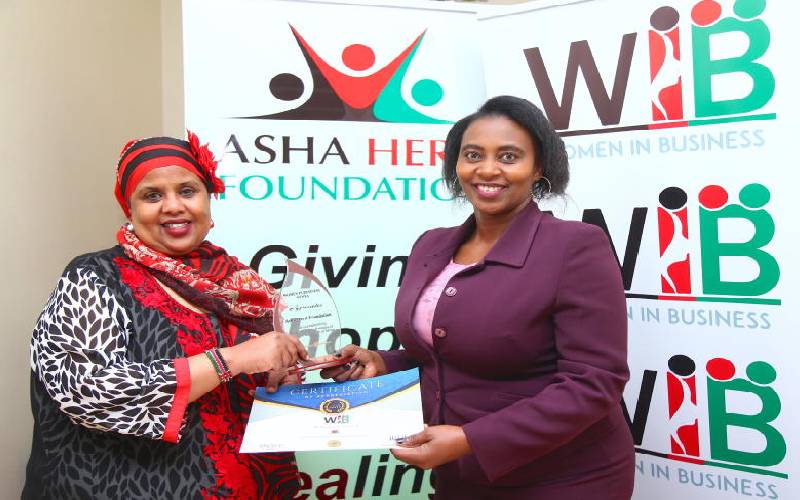×
The Standard e-Paper
Join Thousands Daily

Women in Business President Mary Muthoni (Right) with Asha Hersi Foundation founder Asha Hersi Moghe during the signing an MOU in Nairobi to foster women and girl child empowerment. [File, Standard]
As a gender equality and women empowerment advocate and journalist, I have long been disturbed by the manner in which media suffocates women voices and women issues.